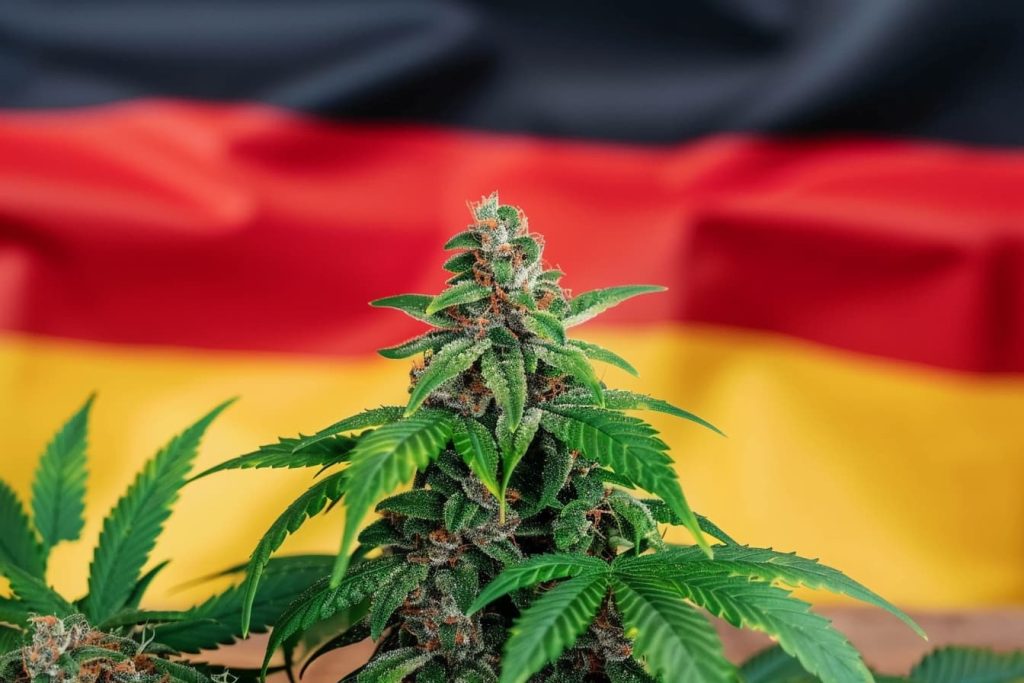With the gradual legalization of cannabis around the world, Germany is taking a step towards a new approach to hemp-related policies. Cannabis is now on the verge of becoming an integral part of our society, just like alcohol. We’ll take a look at the different stages in the integration of cannabis and the sale of cannabis seeds in Germany, and how this once demonized plant is slowly beginning to earn its place in the mainstream consumer product spectrum.
A step forward for hemp
The German parliament recently passed a bill to legalize cannabis for medical use. This decision undoubtedly marks a major step forward for advocates of a more flexible policy regarding this plant with multiple therapeutic virtues. Indeed, patients suffering from various chronic pathologies will be able to benefit from a safe and economical alternative treatment under medical supervision.
A gradual legal evolution
Beyond this measure, German legislation will undoubtedly continue to evolve in favor of cannabis. Debates are raging between the various political formations, but all agree that it is futile to fight indefinitely against the use of this plant. The time has come to redefine the government’s policies on this subject, and to take into account the realities encountered by consumers in every corner of the country. The economic opportunities associated with cannabis legalization, for both the state and its citizens, are also at the heart of the debate.
An end to stigmatization
The rallying of a significant proportion of the German population in favor of cannabis legalization also proves that there is a growing awareness of the inconsistencies that have marred official discourse for years. The stigmatization of cannabis now appears to be an unfounded rejection of a product that could quite naturally take its place in our society alongside alcohol, and with which it shares certain characteristics.
From taboo to normalization
This evolution is remarkable because it means that we are gradually moving from a prohibitionist vision to a more pragmatic mentality in which cannabis is beginning to be seen as an enlightened, adult choice. Consumers are no longer systematically associated with outlaws or the socially unstable. On the contrary, we now realize that moderate use of cannabis can be part of a logic of control and respect for the law.
New economic horizons
The gradual legalization of cannabis is also opening up numerous economic >opportunities for Germany. The production and sale of cannabis-based products could generate considerable economic spin-offs, with a substantial increase in tax revenues for the state.
The growing German market
Germany’s legal cannabis market is already booming in the medical and wellness sectors. Numerous companies are establishing themselves in this new market, helping to create jobs and develop new hemp-related technologies. With legalization, the government can also drastically reduce the costs associated with combating drug trafficking, and redirect these resources to other national priorities.
Appropriate and secure regulation
Against this backdrop, it is vital to put in place effective regulatory mechanisms to oversee the consumption of recreational cannabis. The authorities will have to ensure compliance with strict conditions concerning the quality and traceability of the products on offer, in order to guarantee optimum safety for the consumer and prevent health risks.
Control challenges
- Setting a minimum age: As with alcohol, it is crucial to establish a legal age for the purchase and consumption of cannabis, to protect the youngest and most vulnerable from early exposure to this substance.
- Prevention and education: A policy of legalizing cannabis would be incomplete without a preventive component, which could include awareness-raising campaigns designed to encourage responsible, reasoned consumption.
- Supervision of advertising: It is essential to introduce rules to supervise the promotion of cannabis-based products, in order to avoid excessive inducements to consumption and the development of unbridled lobbying.
- Health monitoring: Setting up a dedicated observatory would be a useful way of tracking changes in use, emerging trends and potential difficulties encountered by consumers in terms of distribution, access to products and the effects on their health.
In this way, Germany joins the ranks of pioneering countries in cannabis legislation. By embracing its gradual integration and putting an end to its stigmatization, it opens the door to a world where this plant is considered normal and comparable to alcohol in our society.



